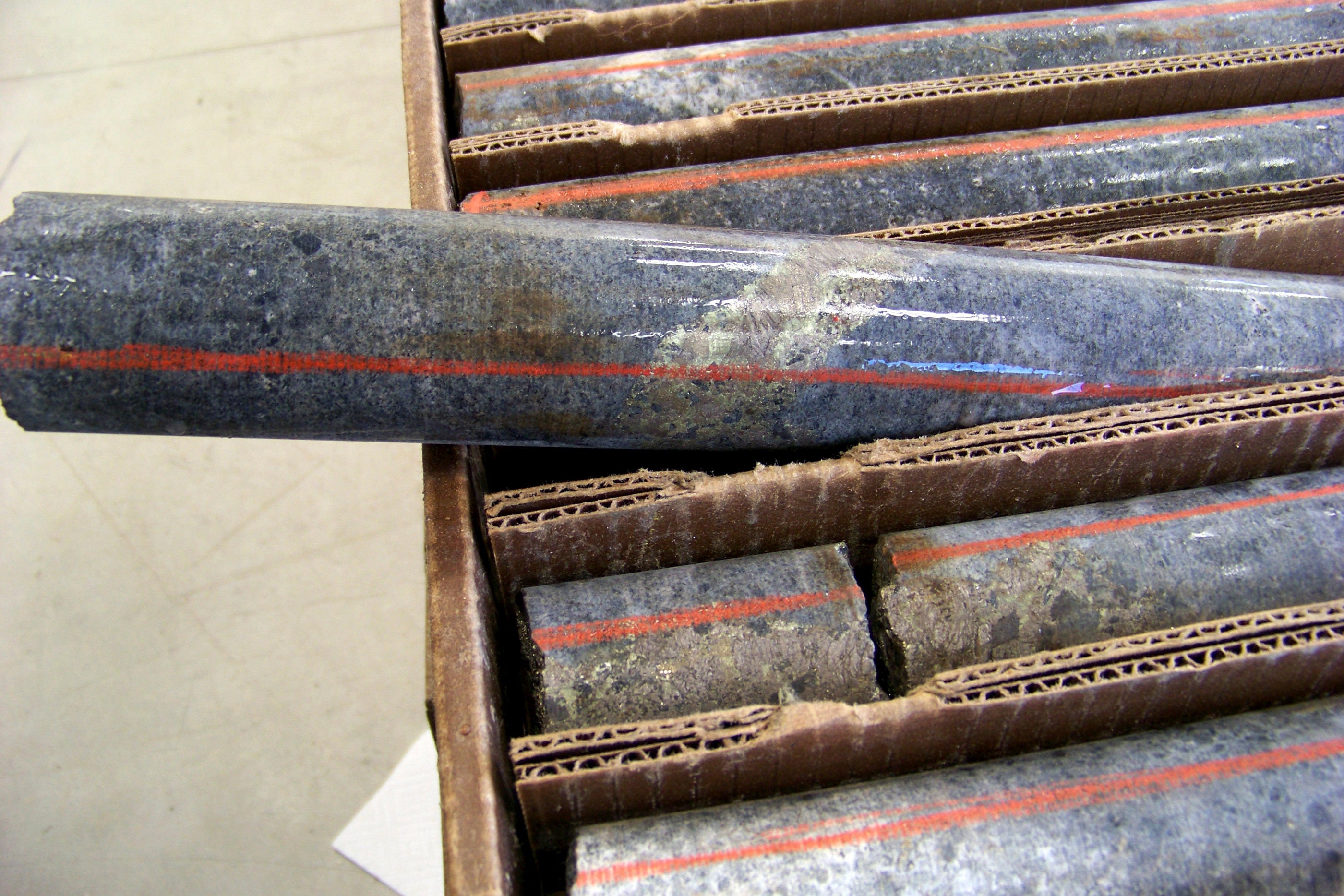Twin Metals sues Biden administration to regain mine leases
The developers of a proposed copper-nickel mine upstream from the Boundary Waters Canoe Area Wilderness in northeastern Minnesota are suing the Biden administration

Your support helps us to tell the story
From reproductive rights to climate change to Big Tech, The Independent is on the ground when the story is developing. Whether it's investigating the financials of Elon Musk's pro-Trump PAC or producing our latest documentary, 'The A Word', which shines a light on the American women fighting for reproductive rights, we know how important it is to parse out the facts from the messaging.
At such a critical moment in US history, we need reporters on the ground. Your donation allows us to keep sending journalists to speak to both sides of the story.
The Independent is trusted by Americans across the entire political spectrum. And unlike many other quality news outlets, we choose not to lock Americans out of our reporting and analysis with paywalls. We believe quality journalism should be available to everyone, paid for by those who can afford it.
Your support makes all the difference.The developers of a proposed copper-nickel mine upstream from the Boundary Waters Canoe Area Wilderness in northeastern Minnesota sued the Biden administration Monday to seek the reinstatement of federal mineral rights leases that are crucial to the $1.7 billion project.
Twin Metals Minnesota alleged in its lawsuit, filed in federal court in Washington, that the Department of the Interior acted illegally earlier this year when it canceled the leases. The company asked the court to declare that those leases remain valid and in force, so that it can proceed with the environmental review and permitting process.
The proposed underground mine, southeast of Ely near Birch Lake, is struggling to survive amid shifting political winds. The Obama administration, in its final weeks, chose not to renew the two leases, which had dated back more than 50 years. The Trump administration reversed that decision and reinstated the leases. But the Biden administration canceled the leases in January after reviving a potential 20-year mining moratorium in that area that the Obama administration tried to launch.
After the change in administrations in 2021, the lawsuit alleges, Interior officials “exacted a tightly coordinated set of unlawful actions” that culminated in the loss of Twin Metals' leases. “This coordinated campaign constituted nothing less than an unlawful attempt to rewrite the policy choices that Congress has made about the proper balance between environmental concerns and the availability of mining on public lands,” the lawsuit says.
Officials with the Interior Department declined to comment on the lawsuit.
“We are standing up for our right to a fair and consistent environmental review of our proposed mining project,” Dean DeBeltz, Twin Metals’ director of operations, said in a statement. “Our plan is backed by decades of exploration and analysis and is rooted in the most environmentally sophisticated design, which is tailored for our project location and mineral deposit. It deserves a fair evaluation by federal regulators based on its merits.”
The moratorium proposal would “withdraw” 352 square miles (912 square kilometers) within the Rainy River watershed in the Superior National Forest from new mineral leasing for 20 years. That threatens to doom Twin Metals. But it would not affect a separate project, the proposed PolyMet mine near Babbitt and Hoyt Lakes, which lies in a different watershed.
The U.S. Forest Service issued a draft environmental assessment in June to lay the foundation for the moratorium, saying it aimed "to prevent further negative environmental impacts from future mining operations.” The public comment period closed Aug. 12. Interior Secretary Deb Haaland will make the final decision.
Environmental groups have been fighting Twin Metals for years, saying the risk of acid mine drainage poses an unacceptable threat to the country’s most-visited federally designated wilderness area.
“The Biden administration’s actions to protect the Boundary Waters were well-considered, consistent with legal precedent and established public policy, and reflect the will of Minnesotans and the American people," Becky Rom, national chair of the Campaign to Save the Boundary Waters, said in a statement. "This lawsuit is destined to fail.”
Twin Metals, owned by the Chilean mining company Antofagasta, contends that its underground design and other features would prevent acid formation by limiting the exposure of the sulfide-bearing ore to the effects of air and water. It was in the early stages of of seeking state permits when the Minnesota Department of Natural Resources shut down its own environmental review process in February, citing the company’s loss of its federal leases.
The company and its supporters argue that the project is critical for securing domestic sources of copper, nickel and other minerals needed for the expansion of wind and solar power and electric vehicles. The company says it has already invested more than $550 million in the project over the last 12 years, and that the mine would create more than 750 high-wage mining jobs plus 1,500 spinoff jobs in the region.
A U.S. House committee passed a bill by Democratic U.S. Rep. Betty McCollum last month to permanently ban copper-nickel mining in the same area covered by the proposed moratorium.